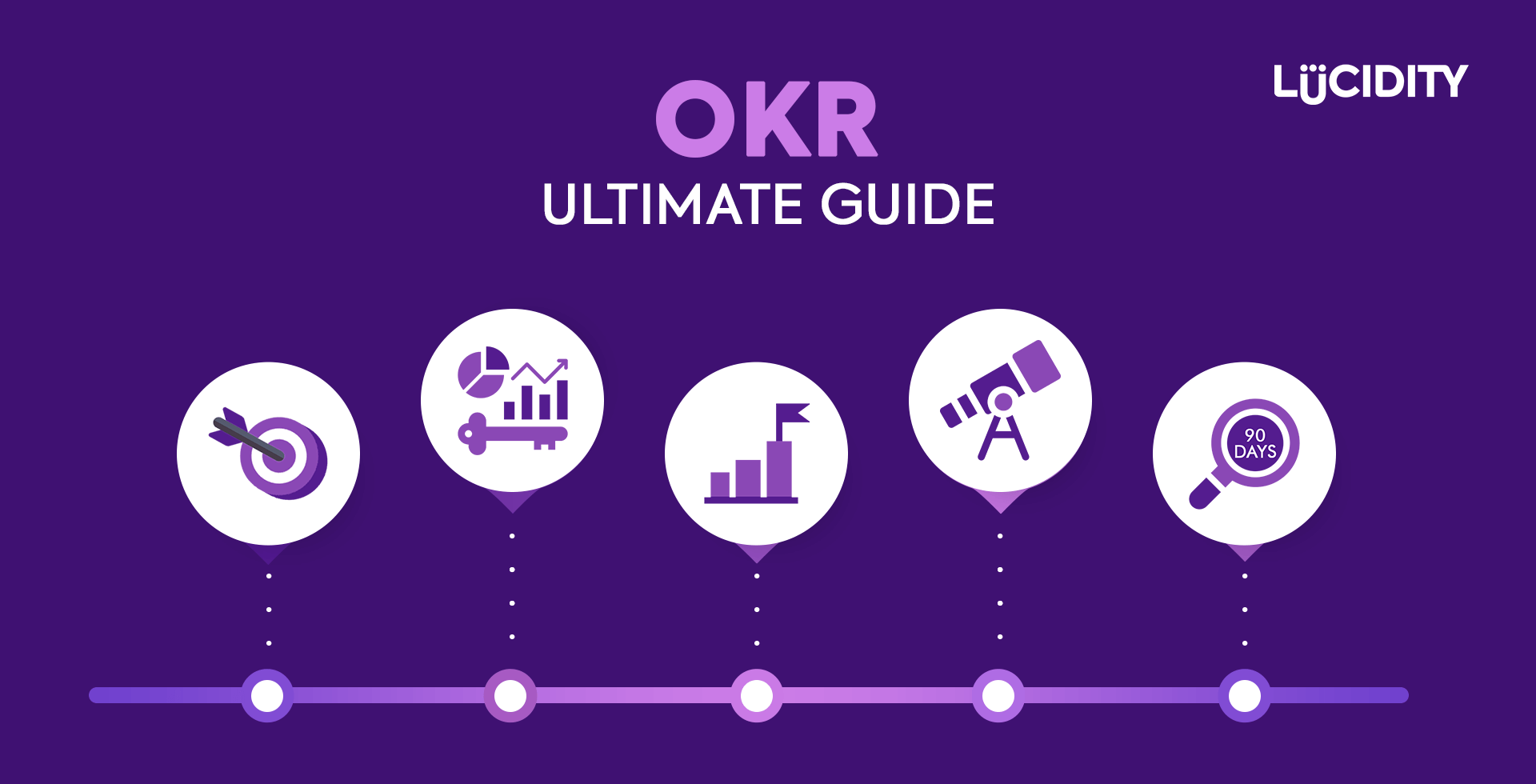For those who don’t know, what is Heka?
Heka is an online wellness platform inspiring people to be all that they can be. It gives employees a gateway to over 3,000 carefully curated experiences, covering mental, physical, lifestyle, and on-demand. Heka exists to help people find their unique strengths and thrive through them. It supports companies to empower their employees through benefits that are personal, inspiring, and joyful.
Could you tell us bit of your background prior to Heka?
Before I co-founded Heka I worked as an Area Manager for Aldi. I did their infamous graduate scheme and then run several supermarkets in Manchester. It was a brilliant opportunity to learn, and learn fast how big businesses operate. How they grow. Mange their people. Expand.
Can you tell us the history of Heka and why it was formed?
Whilst I was working at Aldi, I was working 80 hours plus a week, and struggling to find time ‘for me’. The benefits that were offered through Aldi weren’t personal or unique. They didn’t inspire me or work around my schedule. So they went unused, and I went unsupported.
Every person has unique strengths. But traditional benefits try to cater to the masses, and end up getting very low engagement as a result. So I decided to do something about it.
Every human is unique. Heka recognises, celebrates and supports this uniqueness. Working with the power of the individual to inspire all that is good.
What is the vision statement for Heka?
To help create healthier, happier humans – one person at a time
What is your role at the company?
Co-Founder and COO.
How did you approach strategic planning in the early days?
Early on it was fairly ad hoc. We spent a lot of time looking at how others had done things, trying to learn from their mistakes and successes.
What was your initial growth strategy?
It was a bumpy ride to start with. We knew what we wanted to achieve. We just didn’t quite know how to actually achieve it. The moment of inflection was that we just need to keep things simple. Once we realised this, we really started to help more and more people with their wellbeing.
What challenges did you encounter early on?
As with many B2B companies, we thought it would be easy. Get a couple of big contracts and we would be away. In reality, this simply was not the case. We needed more technology. We needed a better sales strategy. We needed more supplier on the platform. The usual approach to a marketplace is to build in a local area for a specific user. As we were B2B, going after companies with workforces who don’t live in one location, it was hard to take this approach.
Looking back, have you made any key strategic mistakes?
Yes, absolutely. We are fortunate that some of the decisions we made have turned out very well. One example is focusing on On-Demand wellbeing. At the start of the year, we did a big push to ensure we could cater to employees wellbeing, no matter where they were. Fast forward a few weeks and this decision would prove to be absolutely imperative to our success. Whether this is luck or foresight is anybody’s guess.
How do you develop your strategy now?
There are three key things we look at. Where do we want to get to. When do we want to get there by?. How do we get there? By answering these questions, it allows understanding if we are going to be able to achieve our goals, or if we need to think differently, look to expand the team, or make any other changes that are needed.
How often do you review your strategy?
We have a monthly board meeting. We are fortunate that our board doesn’t force us to act bigger than we are. These meetings are usually an overview of what is working, deep dive into what isn’t working and then a broad discussion about what the big focuses are going to be for the next 4-8 weeks. We don’t think there is much point looking beyond this, given the Covid-19 crisis
What are your top 3 strategic objectives and why?
Number one right now is ensuring we can support our team. We had to make some tough decisions around cost cutting. Central to this was ensuring we could support our team in the best way possible.
Second is ensuring we understand the market needs. Without this, we can’t expect to grow as a business.
Thirdly, learn and improve from each thing that we do. Without a team that is thriving, any business won’t last the distance.
How do you think Heka will continue to succeed and grow?
Simply, keeping to those objectives above. A happier healthy team will always mean a happy healthy business.
How would you advice companies go about communicating their strategic plans internally?
We made some mistakes early on in this crisis by trying to hide how bad the market really was. We now believe the key is to over-communicate with your staff and be open. Nobody knows what is going to happen next.
What one tip would you provide to SMEs regarding their strategy?
Don’t be afraid to change it. But don’t always listen to outside advice. You know your business better than anybody and sometimes advice is not placed well.
Thanks Stephanie! You can learn more about this great platform over at Heka Happy Benefit.
Need help building your own strategy?
Our strategy software makes it faster and easier to formulate a strategy, manage the execution and track the results. Book your demo today and get a strategy plan template tailored to your organization.











